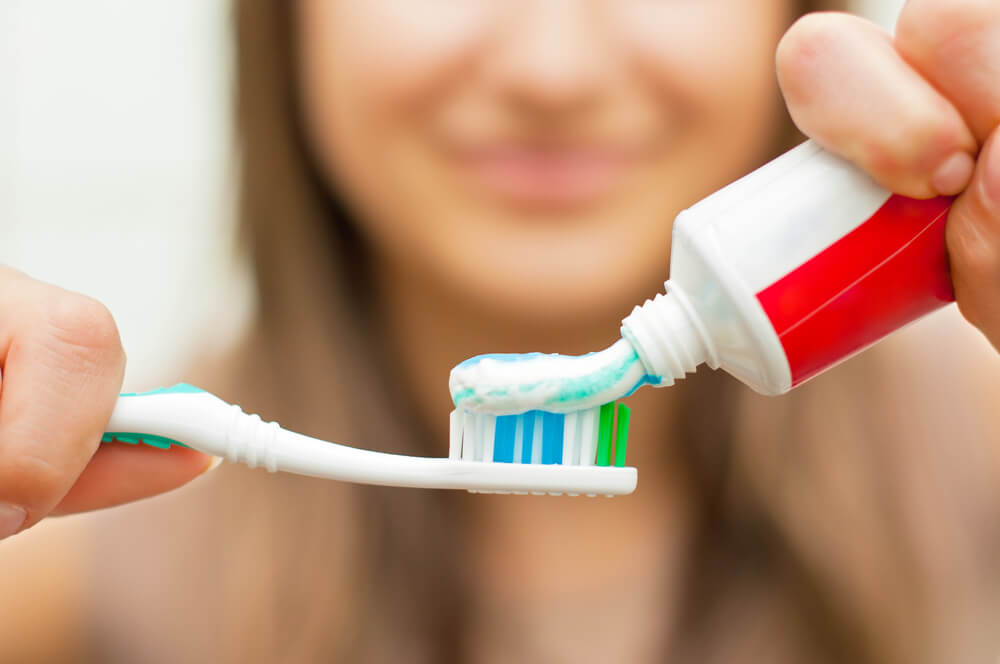What is fluoride?
Fluoride, a compound of fluorine, is a mineral that occurs naturally and is released from rocks into the water, soil, plants, and the air. It is also found in human bones and teeth. Fluoride is most talked about in terms of oral health. Minerals are added and lost to a person’s teeth every day. When bacteria and sugars in the mouth attack the plaque on the teeth and minerals are lost, this is called demineralization. Fluoride helps to redeposit these minerals to the enamel, which is called remineralization. The connection between fluoride and oral health has been recognized for nearly two hundred years.
Why is it used?
Fluoride is most commonly used in dentistry for oral health. Using fluoride in toothpaste or mouth rinses rebuilds weakened tooth enamel, slows down the loss of minerals from tooth enamel, reverses early signs of tooth decay, and prevents the growth of harmful oral bacteria. The average number of missing or decaying teeth in 12-year-old children in the U.S. dropped 68 percent from 1960 to 1990 because of the introduction of fluoride to toothpaste and other dental products, according to the CDC. Signs of a fluoride deficiency are cavities, weak bones, and decayed enamel.
Where can you find it?
Small amounts of fluoride can be found naturally in water sources and in foods like meat, fish, eggs, and tea. Some places in the United States even add fluoride to drinking water. Drinking fluoridated water keeps teeth strong and reduces cavities by 25 percent. Community water fluoridation has been proven to save money for families and for the healthcare system. Although oral health in the U.S. is much better than it used to be, cavities are still one of the most common chronic diseases in children. Many experts say that water fluoridation is one cost-effective and efficient way to prevent cavities. However, there is a debate on how much fluoride is healthy to be added to community water.
Fluoride is also found in many kinds of toothpastes and dental products. The amount of fluoride found in toothpaste is usually enough to fight against tooth decay. When brushing your teeth, experts recommend spitting out your toothpaste but not rinsing so that the fluoride stays on your teeth longer. It is important to regulate the amount of fluoride that children intake, as there are side effects for children that are not as common among adults.
What are the side effects?
Fluoride consumed in large doses can have side effects. In fluoride used for dental purposes, the most common side effect is tooth discoloration in baby and adult teeth that are still developing under the gum. This is called fluorosis and can occur in children from infancy to eight years of age. Using a minuscule amount of fluoride for infants and children to protect the enamel is recommended by the American Academy of Pediatrics Dentistry. Some rare but possible side effects of using too much fluoride are nausea, rash, and vomiting.
The bottom line
Fluoride is a naturally occurring mineral that has been added to drinking water since the 1930s and has been used for oral health for over one hundred years. Although there is some debate about how much fluoride is required for healthy teeth, there is no question that fluoride strengthens tooth enamel and prevents cavities. Fluoride-free dental products can always be used if there is a concern for young children or adults. It is important to consult with your dentist about how much fluoride is safe to consume.

